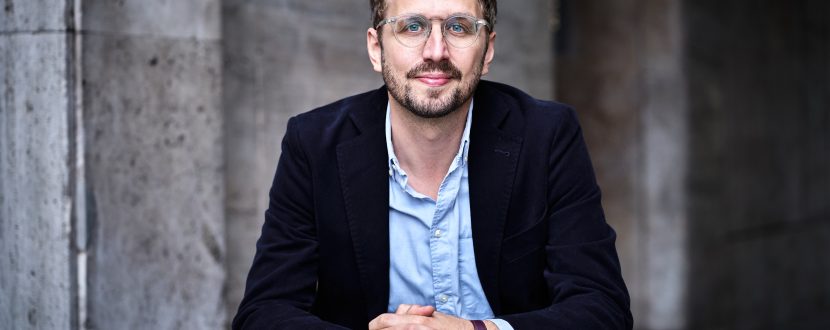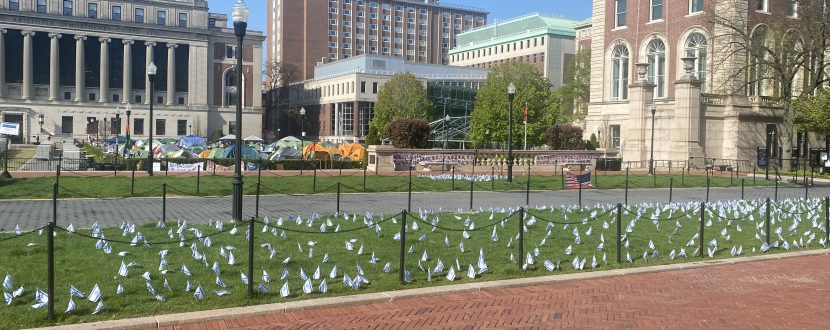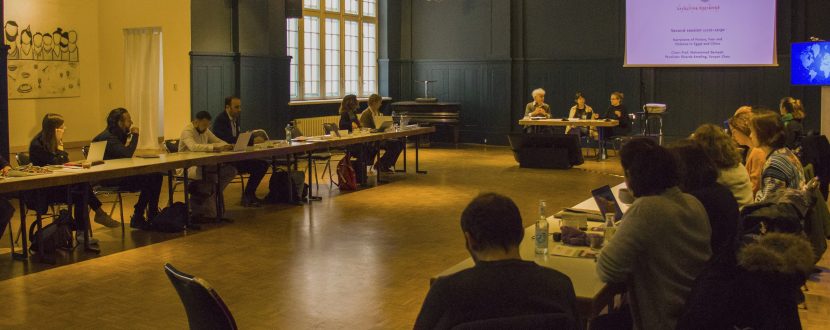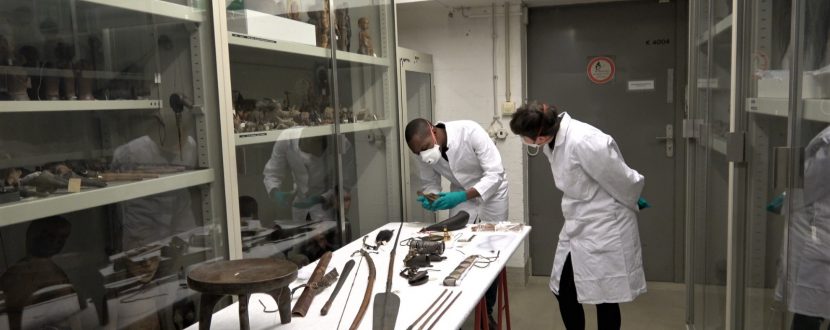In der Interviewreihe „Affective societies, affected scientists!“ beantworten neue Mitglieder, assoziierte Kolleg:innen und Wissenschaftler:innen auf Stippvisite oder mit längerem Aufenthalt im Sonderforschungsbereich „Affective Societies“ Fragen zur Affektivität und Emotionalität in Wissenschaft und Gegenwart. Heute stellen wir Ihnen Dr. Linus Westheuser vor. Er ist Postdoktorand an der Humboldt-Universität zu Berlin und zusammen mit Steffen Mau und … weiterlesen
Affective societies, affected scientists! 5 Fragen an Linus Westheuser










 ältere Posts
ältere Posts